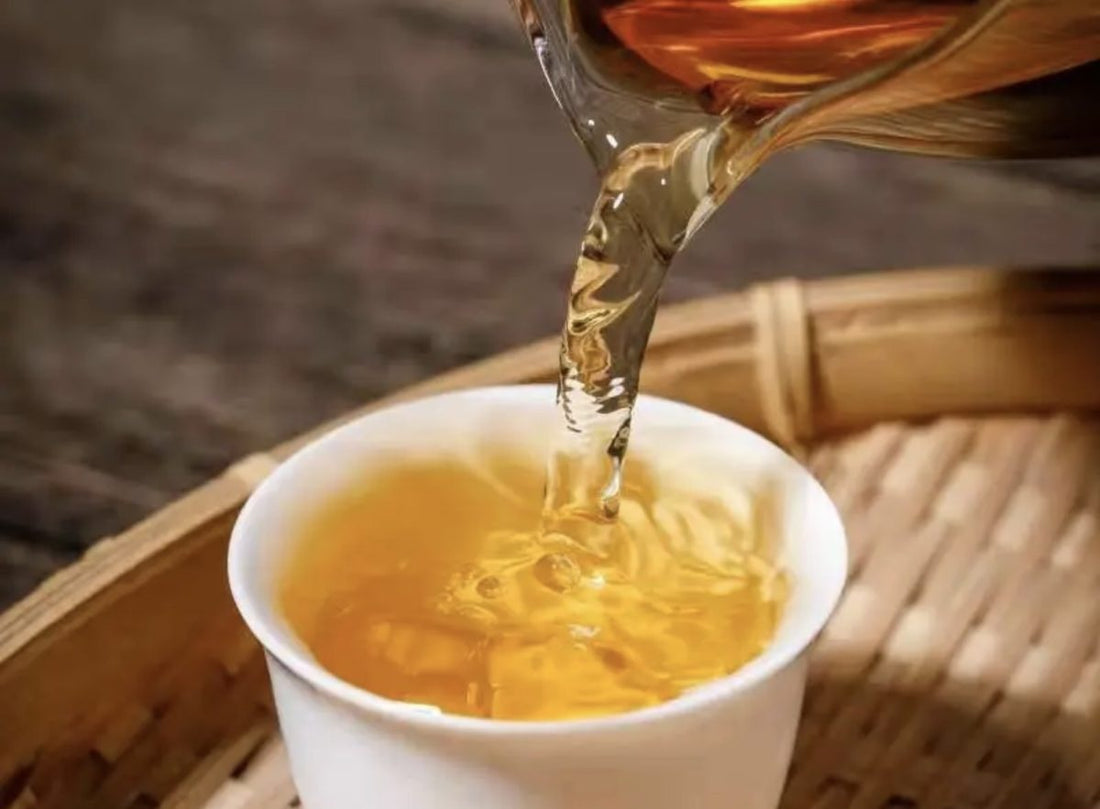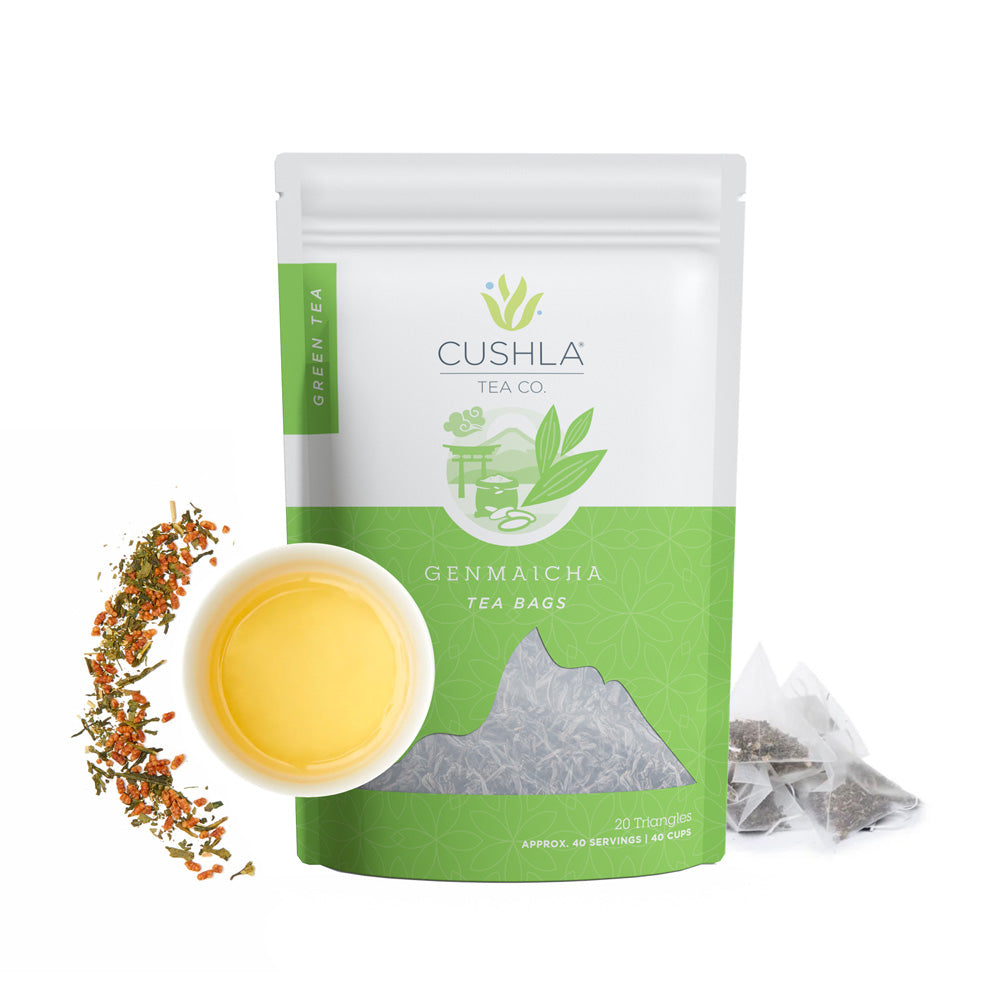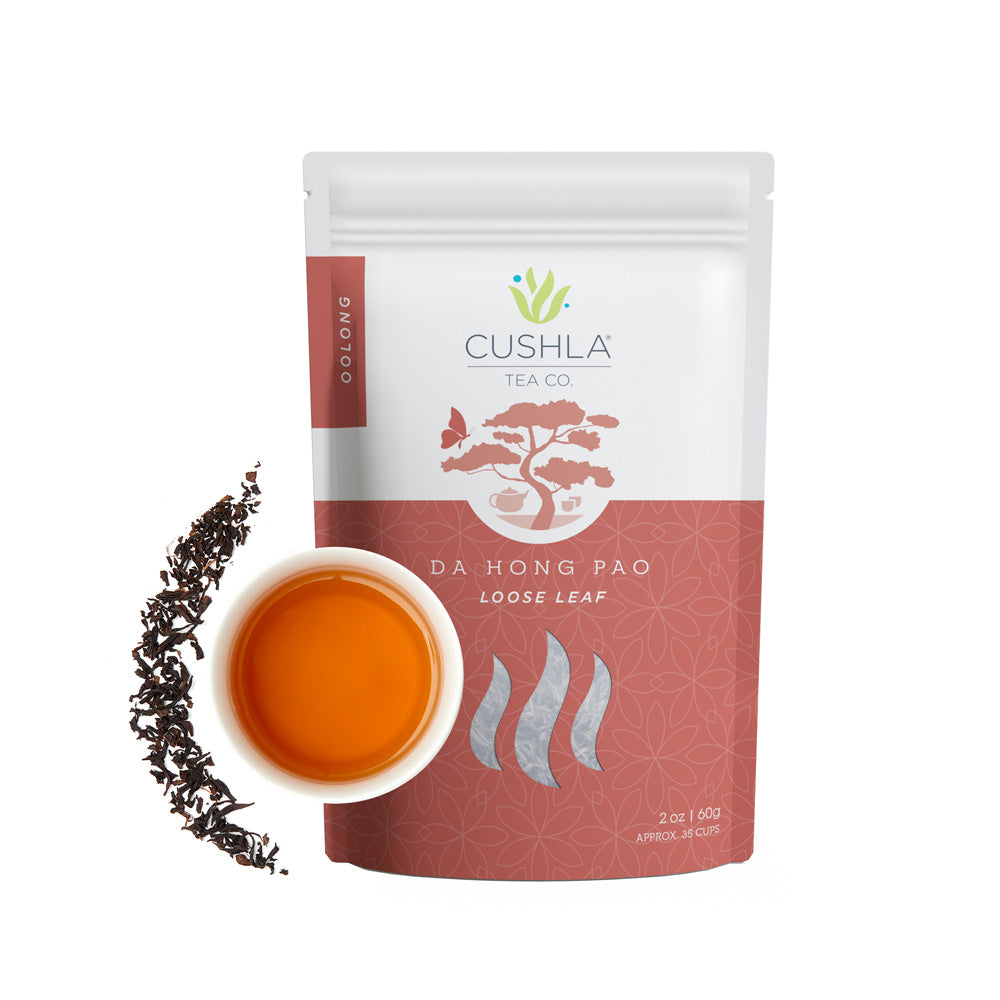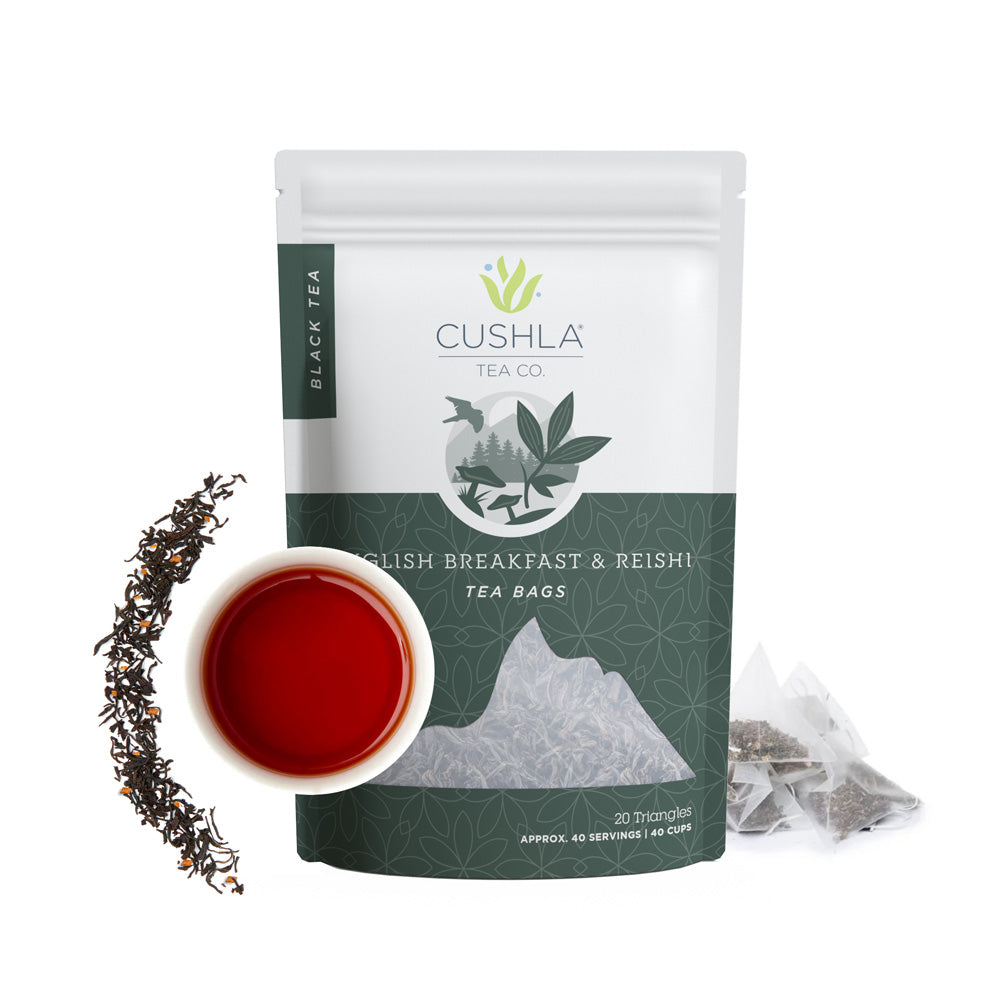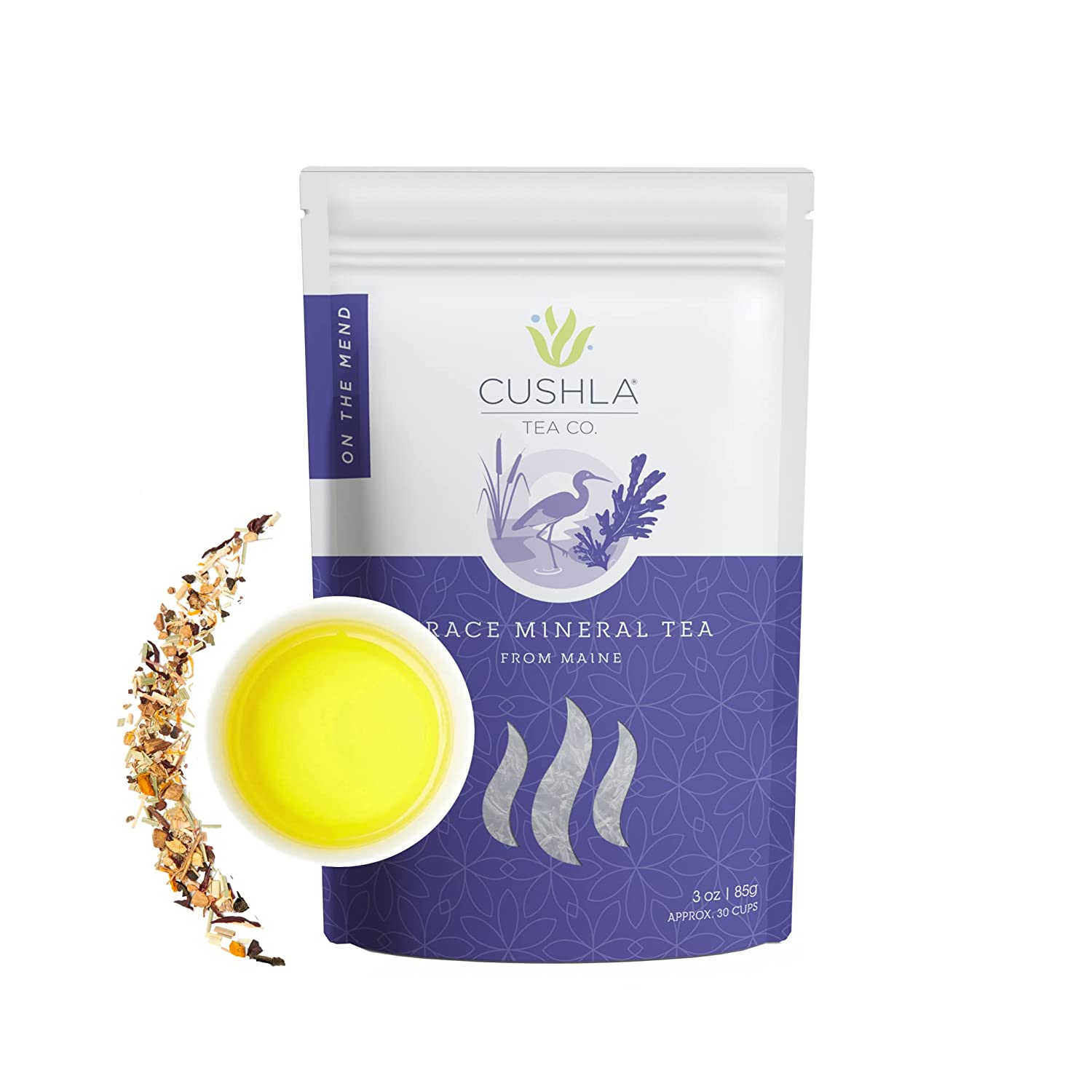Oolong tea, also known as wulong tea, is a traditional Chinese tea that has gained popularity around the world for its unique flavor and aroma. This tea is produced by partially fermenting the tea leaves, which gives it a distinct taste that falls somewhere between black and green tea. One of the benefits of oolong tea is that it has a lower caffeine content compared to black tea, which can make it a good choice for people who are sensitive to caffeine or who want to limit their caffeine intake. Additionally, oolong tea is believed to have various health benefits, such as aiding digestion and boosting metabolism. Oolong tea caffeine is lower than black due to the level of oxidation of the tea leaves during processing.
Oxidation is the process in which the enzymes in the tea leaves react with the oxygen in the air. Black tea is fully oxidized, which means that the tea leaves are exposed to oxygen for a longer period of time. This leads to the formation of more caffeine and the development of a stronger flavor and aroma. On the other hand, oolong tea is only partially oxidized, which means that the tea leaves are exposed to oxygen for a shorter period of time. This results in a lower oolong tea caffeine content and a more delicate flavor and aroma.
Another reason for the lower oolong tea caffeine content is the type of plant used. Different tea plants have different levels of caffeine, and oolong is typically made from plants that have a lower content. Some Oolong tea plants are naturally low in caffeine and some are hybrid plants.
The brewing time also plays a role in the caffeine content. Black tea is typically brewed for a longer period of time, which allows more caffeine to be extracted from the leaves. Oolong, on the other hand, is typically cursed for a shorter period of time, which results in less caffeine being extracted. Additionally, the temperature of the water used for brewing can also affect the caffeine content. Black tea is typically brewed with boiling water, while oolong tea is cursed with water that is slightly cooler.
In conclusion, oolong tea caffeine is lower than black due to the level of oxidation of the leaves during processing, the type of plant used, and the brewing time and temperature. This makes oolong tea a great option for those who want to enjoy the taste and benefits of tea without consuming too much caffeine. Oolong tea is also known to have many health benefits, such as reducing stress, improving digestion, and boosting the immune system.

